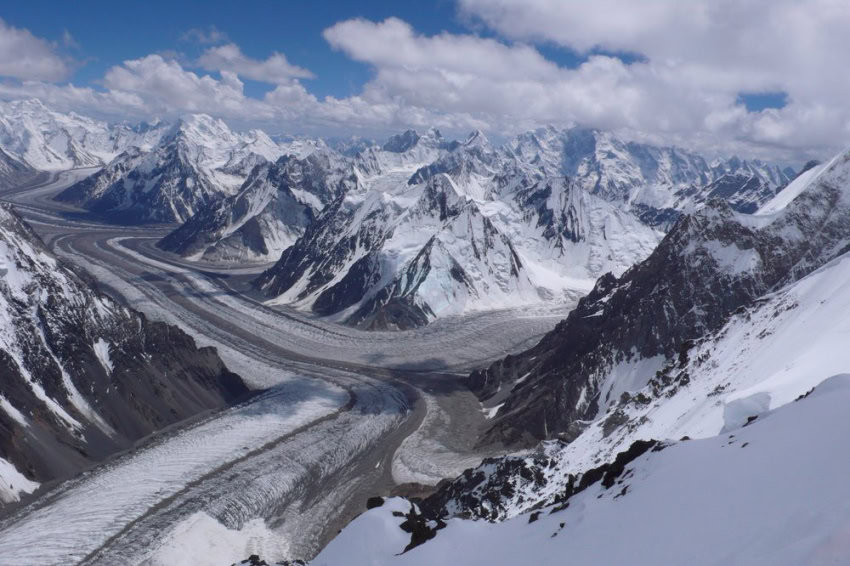In a stark warning, the National Disaster Management Authority (NDMA) has highlighted alarming trends in glacier melt and the increasing frequency of natural disasters in Pakistan. The NDMA Chairman, Lt Gen Inam Haider Malik, addressed these concerns at a seminar organized by the National Commission on the Status of Women, emphasizing the urgent need for comprehensive strategies to mitigate the effects of climate change.
Lt Gen Malik revealed that over 23% of Pakistan’s glaciers are melting, with at least 3% experiencing sudden bursts. He noted that these environmental changes have led to a significant increase in natural disasters, with a 3-4% rise in their occurrence this year alone.
Learning from the Past
Reflecting on the devastating floods of 2022, Lt Gen Malik underscored the lessons learned from that catastrophe. In response, Pakistan has established a National Think Tank and a National Emergency Response Center to better prepare for and respond to such disasters. These initiatives aim to enhance the country’s resilience against the accelerating impacts of climate change.
Current Environmental Challenges
In 2024, Pakistan has already witnessed forest fires and accelerated glacier melting, further compounding the risk of natural disasters. The chairman expressed particular concern for coastal communities, which are facing severe hardships due to these environmental changes. The country is also grappling with heavy rainfall and a significant water shortage, exacerbating the risk of a food disaster.
“More than 3% of the glaciers are bursting and more than 23% of the country’s glaciers are melting,” Lt Gen Malik emphasized, highlighting the severity of the situation.
Weather Forecast and Conditions
Meanwhile, the Met Department has forecasted hot and dry weather for most parts of the country today. There is a chance of rain in a few areas, including upper Khyber Pakhtunkhwa, Potohar, Punjab, and Sindh.
In Islamabad, temperatures are expected to soar to 41 degrees Celsius, with similar conditions prevailing in the surrounding areas. Lahore will see a high of 42 degrees Celsius, while Karachi, known for its hot and humid weather, will experience temperatures ranging from 37 to 39 degrees Celsius throughout the day.
Currently, the temperature in Karachi is recorded at 31 degrees Celsius, with winds blowing at a speed of 7 km per hour, expected to increase to 18 km per hour later in the day. The city also faces a high humidity ratio of 70%. Despite the heat, a sea breeze is likely to resume today, bringing some relief to Karachi residents.
In other parts of the country, the maximum temperature is expected to touch 48 degrees Celsius in Dadu. Hot and dry conditions will prevail during the day in most regions, including Islamabad and its surroundings, with the possibility of wind and thundershowers providing some respite in the evening.
Urgent Need for Action
Lt Gen Malik’s remarks underscore the urgent need for Pakistan to adopt comprehensive strategies to mitigate the effects of climate change and bolster disaster preparedness. As environmental challenges intensify, proactive measures and robust response mechanisms will be crucial to safeguarding communities and ensuring a sustainable future for the country.














